THE READING LEAGUE SUMMIT
We are all better when we work together.
Thank you to everyone who helped make The Reading League Summit 2024 a success. #ItTakesALeague
We are grateful for the inspiring discussions and connections made. Thank you to all speakers, panelists, attendees, and sponsors for championing evidence-aligned instruction with our bilingual & multilingual students. Let’s continue to support each other as we implement what we’ve learned and work together towards a more literate – a more multiliterate – world.
Subscribe to our mailing list to receive updates and be the first to hear about #TRLSummit2025.
2024 PANEL DISCUSSIONS
Neuroscience and Research: The Knowledge Base
Moderator:
Claude Goldenberg, Nomellini & Olivier Professor of Education, emeritus, in the Graduate School of Education at Stanford University
Panelists:
Ioulia Kovelman, Professor of Psychology, University of Michigan
Young-Suk Kim, Professor and Senior Associate Dean at the School of Education, University of California, Irvine
Magaly Lavadenz, Leavey Presidential Endowed Chair in Moral and Ethical Leadership & Executive Director, Center for Equity for English Learners (CEEL)
Fumiko Hoeft, Campus Dean and Chief Administrative Officer (CAO), UConn Waterbury; Professor of Psychological Sciences, University of Connecticut; Director of Learning Engineering and Neural Systems Laboratory, UConn/UCSF
Panel One: Features renowned neuroscientists and researchers who will inform us about important research findings specific to English learners/emergent bilinguals. They will discuss research that clarifies fragile and resilient properties of language and provide understandings of what research has shown and what research must still be done to best understand how literacy develops as children acquire two or more languages.
Assessment: Equitable Assessment Data to Understand EL/EB Student Needs
Moderator:
Lillian Durán, Professor, Department of Special Education and Clinical Sciences, University of Oregon
Panelists:
Jeannette Mancilla-Martinez, Associate Dean for Academic Affairs and Graduate Education, Associate Professor, Vanderbilt University
Deni Basaraba, Instructor, College of Education, Education Policy and Leadership, University of Oregon
Linda Siegel, Professor Emeritus, The University of British Columbia
Margo Gottlieb, Co-Founder and Lead Developer, WIDA at the Wisconsin Center for Education Research
Panel Two: Builds on the Panel 1 discussions and broaden the topic to include research on EL/EB assessment. The conversation will include a discussion on the current work being done to establish valid and reliable assessments for English learners and emergent bilingual students.
Connecting Research to Classroom Practice: Using the Knowledge Base and Assessments to Inform Classroom Practice
Moderator:
Elsa Cárdenas-Hagan, President of Valley Speech Language and Learning Center
Panelists:
Magdalena Zavalia, Co-Founder, Intelexia
Laurie Olsen, National Committee for Effective Literacy
Jeremy Miciak, Center for the Success of English Learners
Francesca Smith, Dual Language and Literacy Instructional Coach
Panel Three: Features a data workshop to demonstrate how evidence-aligned assessment is used to individualize instruction. Participants will then enjoy a panel discussion about implementing the research in actual classroom settings, establishing a clear link between research and practice in both monolingual and dual language settings.
Leadership and Systems: Putting it All Together to Develop Sustainable Evidence-Aligned Systems
Moderator:
Tracy Weeden, CEO and president of Neuhaus Education Center
Panelists:
Farah Assiraj, Chief of Teaching and Learning, Council of the Great City Schools
Alba Ortiz, Professor Emeritus, University of Texas at Austin
Melody Ilk, Consultant, Literacy Transformations
Ellen Stubbe-Kester, CCC-SLP, President and Co-founder, Bilinguistics
Panel Four: Covers the components of a system necessary to build capacity and sustainability for this work. Panelists will discuss the role of leaders, aligning tiers of instruction, curriculum, and sustainability in implementing evidence-aligned instruction for EL/EB students.
MEET THE 2024 OPENING SPEAKERS
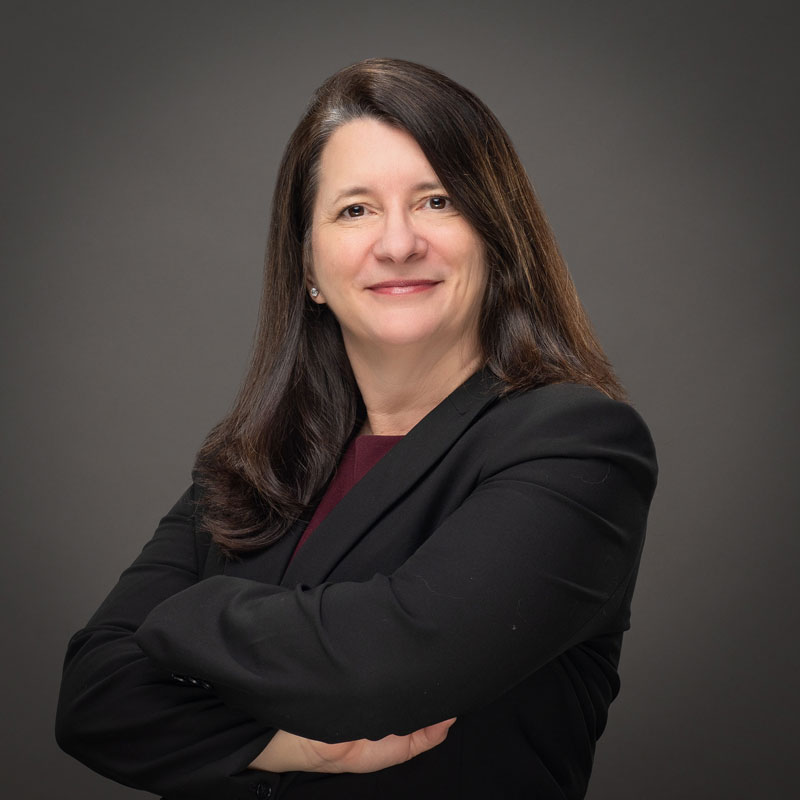
Maria Murray
Founder and CEO of The Reading League
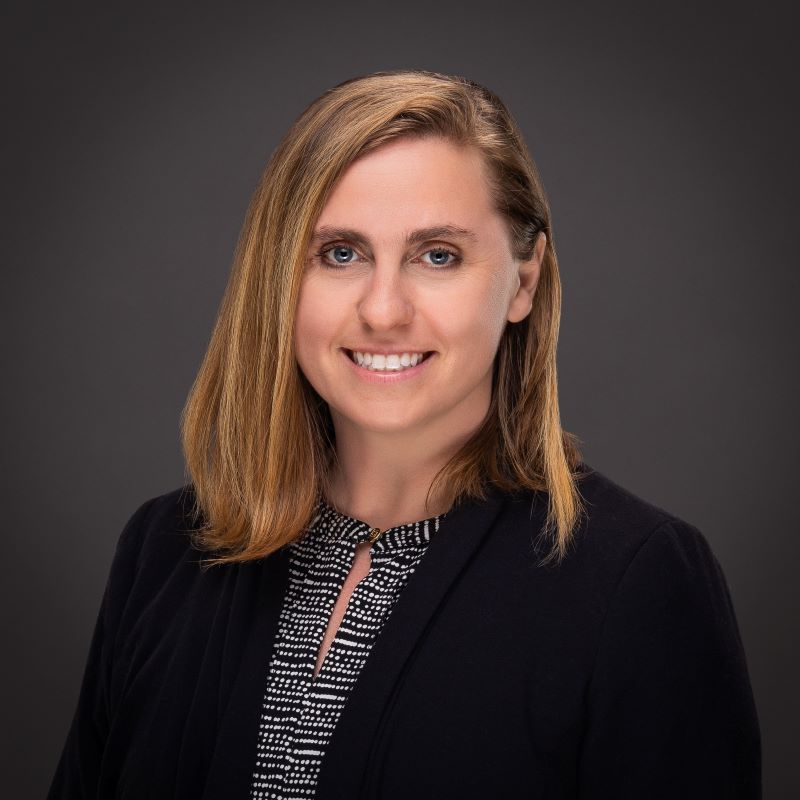
Kari Kurto
National Science of Reading Project Director, The Reading League
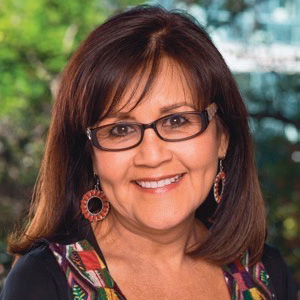
Martha Hernandez
Executive Director, Californians Together
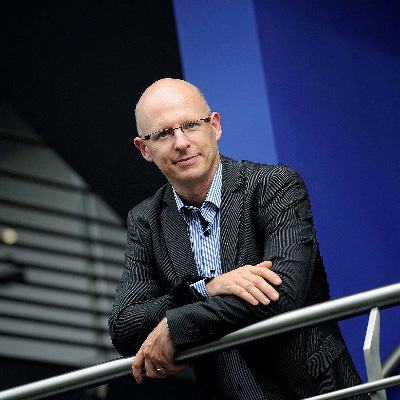
Stanislas Dehaene
(Virtual Speaker)
Psychologist and Cognitive Neuroscientist
MEET THE MODERATORS
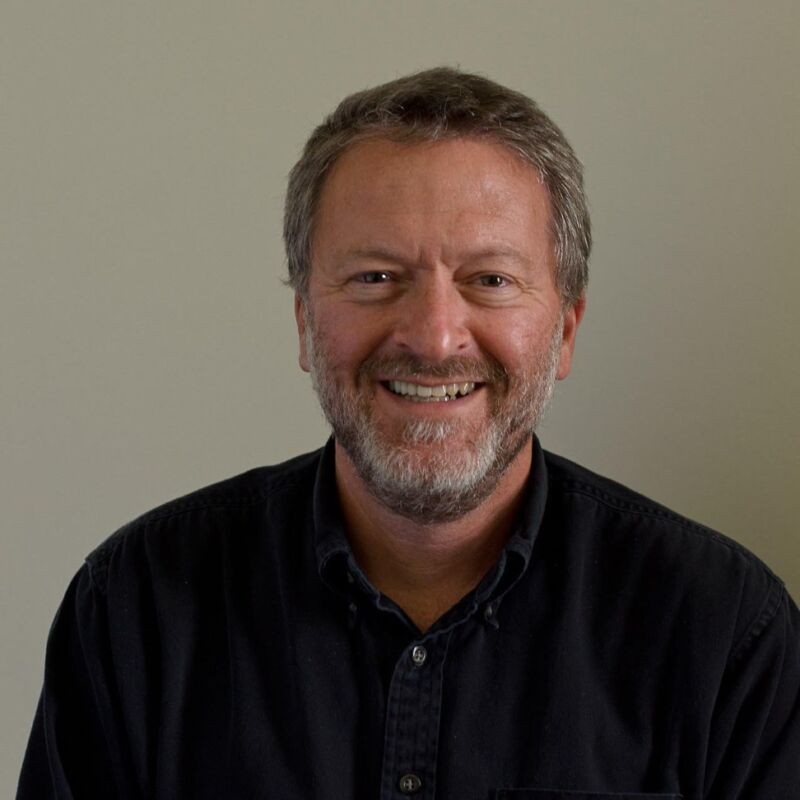
Claude Goldenberg
Panel One:
Neuroscience and Research: The Knowledge Base

Lillian Durán
Panel Two:
Assessment: Reliable Assessment Data to Understand EL/EB Student Needs
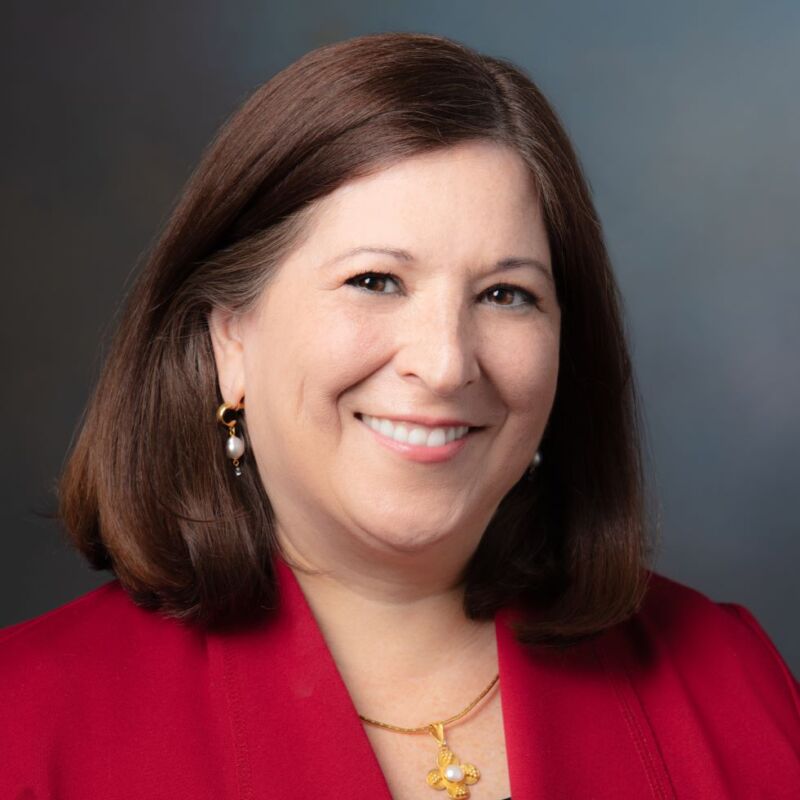
Elsa Cárdenas-Hagan
Panel Three:
Connecting Research to Classroom Practice: Using the Knowledge Base and Assessments to Inform Classroom Practice
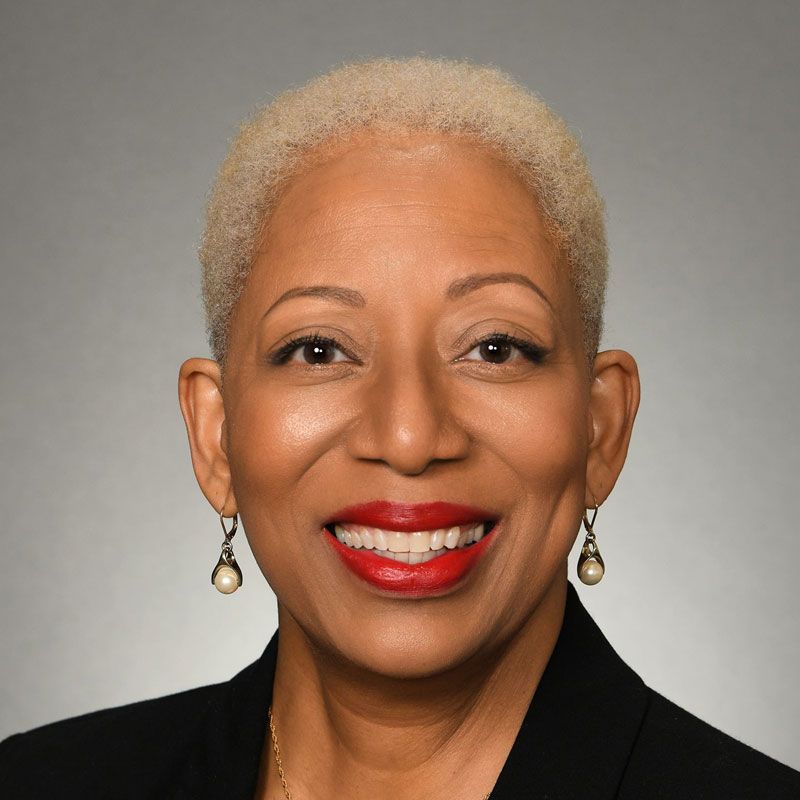
Tracy Weeden
Panel Four:
Leadership and Systems: Putting it All Together to Develop Sustainable Evidence-Aligned Systems
WHY ATTEND
A Unique Experience
Join The Reading League for a unique experience as we step into an important space to listen and learn. In national conversations about literacy, it is rare that groups with differing vantage points focus on common goals of listening and alignment. At the Summit, experts from the English Learner / Emergent Bilingual (EL/EB) field and the science of reading community will come together to elevate our understanding of evidence-aligned literacy instruction for EL/EB students.
Grow Your Network
Expand your league by engaging with others who have different viewpoints to broaden your usual ways of thinking and come away with a richer perspective from a larger community. Listen, learn, and connect with new colleagues outside of your current network of professionals.
Fresh Perspectives
Hear fresh perspectives from experts not often highlighted in conversations about the science of reading. National leaders in neuroscience, policy, foundational reading skills, and language development and comprehension will engage in four panel discussions. Bring new knowledge back to your hive and spread the word!
Build Knowledge
The Summit provides opportunities for collective knowledge building between panelists and attendees as we deepen our understanding of evidence-aligned instruction for EL/EBs. This is designed to be a collaborative event that will provide the opportunity to add to participants’ existing knowledge base, clarify misunderstandings, and find common ground.